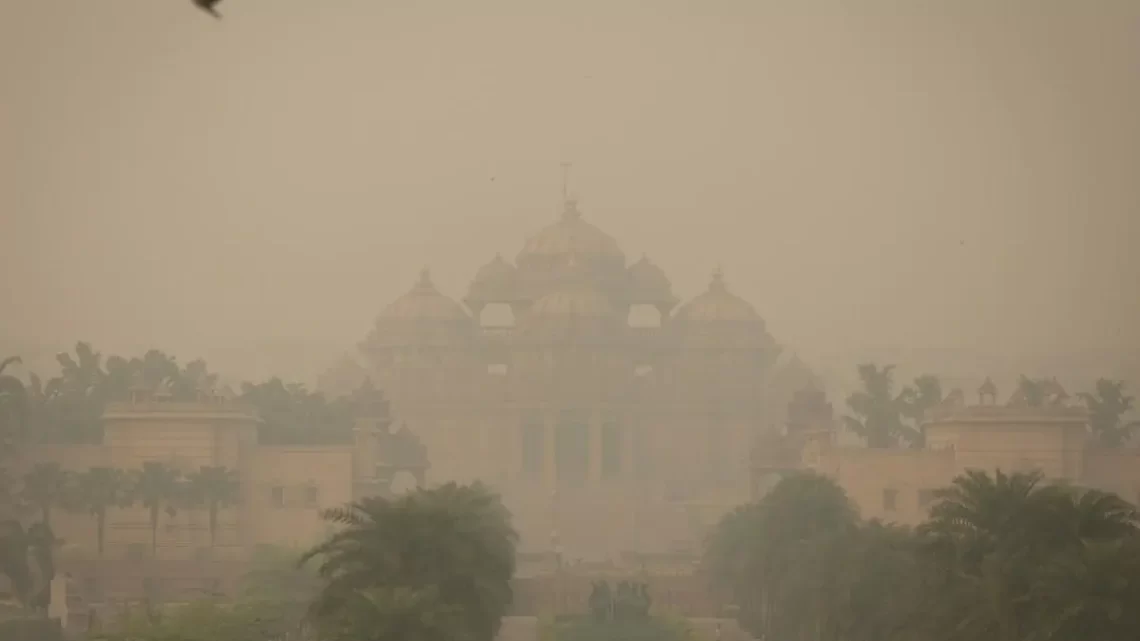
Air Pollution’s Deadly Toll in Major Indian Cities: A Study by Lancet Planetary Health
July 8, 2024A recent study published in The Lancet Planetary Health has revealed a grim reality: air pollution contributed to the deaths of 33,000 people annually across 10 major Indian cities from 2008 to 2019. This alarming statistic underscores the severe public health crisis posed by air pollution in India.
The study focused on the impact of short-term exposure to fine particulate matter (PM2.5), a hazardous air pollutant, on daily mortality rates. It included cities such as Ahmedabad, Bengaluru, Chennai, Delhi, Hyderabad, Kolkata, Mumbai, Pune, Shimla, and Varanasi. Even cities with PM2.5 levels below current Indian standards, like Mumbai, Bengaluru, Kolkata, and Chennai, experienced increased mortality rates.
Rohtak in Haryana was identified as the most polluted city in June this year among around 250 cities in India, according to the Delhi-based Centre for Research on Energy and Clean Air. The study highlighted that exposure to PM2.5, primarily from burning fossil fuels, poses severe health risks, contributing to lung diseases, heart conditions, cancer, and fatalities. Notably, the research emphasized that there is no safe threshold for PM2.5 exposure, linking each 10 µg/m³ increase to a 1.42% rise in daily mortality.
The authors of the study emphasized the urgent need for stricter air quality standards in India. Currently, India is reviewing its National Ambient Air Quality Standards (NAAQS), which are more lenient than the World Health Organization (WHO) guidelines. This review process presents an opportunity to adopt more stringent standards that could save lives.
The study also pointed out a critical gap in India’s National Clean Air Programme, which currently includes only 14 out of 60 highly polluted cities. This leaves 46 cities without effective action plans to reduce hazardous air pollution concentrations. The findings advocate for comprehensive, nationwide efforts to tackle air pollution and safeguard public health.
Targeted measures addressing both fixed and dispersed sources of pollution are crucial. The report urged Indian policymakers to prioritize stringent, year-round actions to mitigate the detrimental effects of air pollution across the country. Such measures would involve stricter regulation of industrial emissions, enhanced monitoring of air quality, and promotion of cleaner energy sources.
To conclude, the study published in The Lancet Planetary Health serves as a stark reminder of the deadly impact of air pollution in India. The findings highlight the need for immediate and robust action to improve air quality standards and implement effective pollution control measures.

